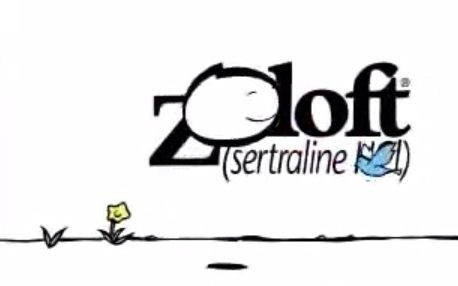Anti-Anxiety Drugs Could Keep Autism From Tipping Toward Severe Chemical Imbalance

The biology of autism spectrum disorder may be as simple as the “chemical imbalance” illustrated by cartoon blobs in Pfizer’s classic 2002 commercial spot for Zoloft.
A new study of laboratory mice suggests an imbalance is caused by heightened activity of excitatory neurons in combination with lowered activity of inhibitory neurons. That problem in the brain may be corrected by low doses of drugs used to treat anxiety and epileptic seizures, researchers from the University of Washington say.
"These are very exciting results because they suggest that existing drugs — called benzodiazepines — might be useful in treatment of the core deficits in autism," senior study leader William Catterall said in a statement. The findings suggest autism may be managed by medication as a chronic condition.
In the lab, Catterall and his colleagues observed a neurological imbalance among mice developed for the research by blunting the action of inhibitory neurons. The resulting mice displayed behavioral characteristics in socializing similar to people with autism. The researchers then found they could correct autistic-like behavior in the mice with benzodiazepines lowering the activity of inhibitory neurons.
"Our results provide strong evidence that increasing inhibitory neurotransmission is an effective approach to improvement of social interactions, repetitive behaviors, and cognitive deficits in a well-established animal model of autism, having some similar behavioral features as human autism," Catterall said.
As simple as this sounds, Catterall says previous animal studies and clinical trials have focused on the other half of the equation, attempting to quiet excitatory neurons — experiments that have yielded only mixed results. As the researchers call for immediate clinical trials, Astra-Zeneca has begun testing benzodiazepines and newer such drugs on people with autism.
Today, no medical therapy for autism has been approved by the Food and Drug Administration, as Americans continue to turn to homeopathic remedies, alternative diets free of dairy or gluten, invasive treatments, and — now — an aversion to MSG.
Source: Catterall W, Han S, Tai C, Jones CJ, Scheuer T. Enhancement of Inhibitory Neurotransmission by GABAAReceptors Having α2,3-Subunits Ameliorates Behavioral Deficits in a Mouse Model of Autism. Neuron. 2014.



























